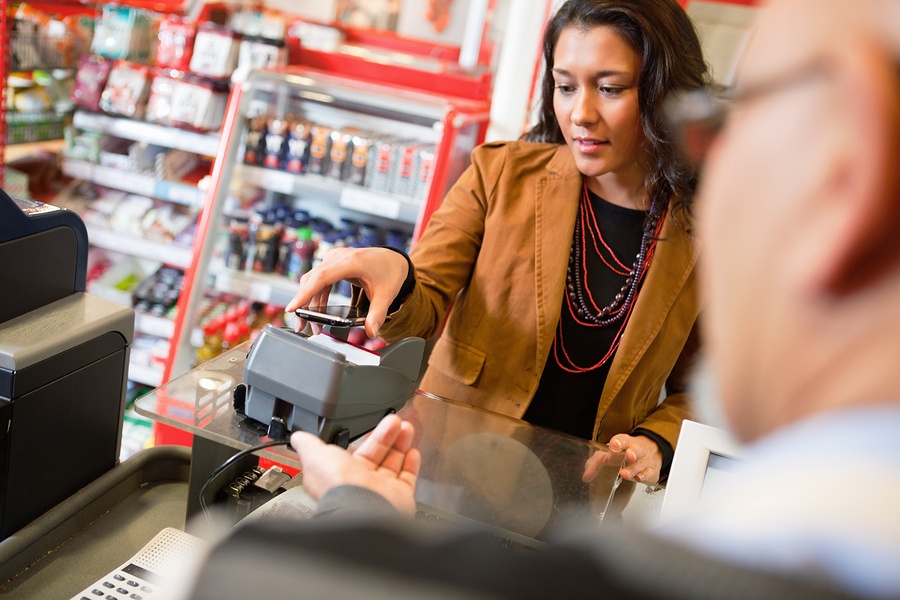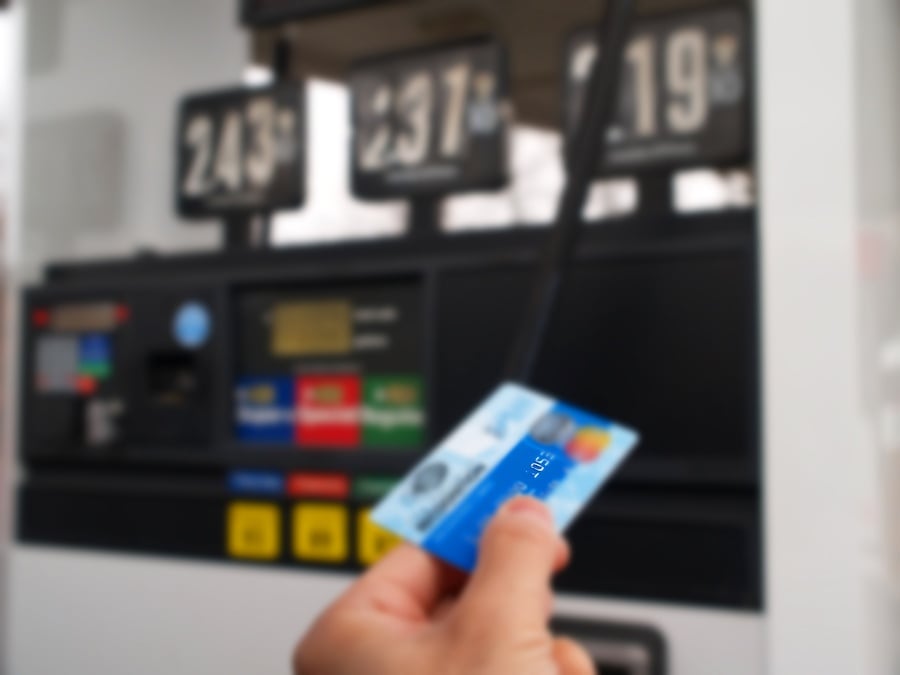Duran Childers - Nassau County Economic Development Board
Durand Childers, Executive Vice President and head of the CBC's Small Business Lending Division has been named to the Nassau County Economic...
Manage your everyday finances with convenient accounts, flexible cards, and personalized service designed to fit your life.
At First Federal Bank, we offer flexible mortgage solutions for almost any situation, helping you secure the right financing for your dream home.
Business banking offers secure financial management, streamlined transactions, credit options, and tools to help businesses grow efficiently and sustainably.

 Checks (or cheques) have been around for centuries, but a 2013 Federal Reserve study marked the decline in usage; check payments decreased by over 50 percent while mobile payments, card payments, and direct deposits tripled. Subsequent studies only confirm it: Checks are steadily becoming antiques. Instead of sending paychecks, companies opt to use direct deposits. Even the government sends checks to bank accounts instead of people’s homes—who among us did not get our tax returns direct deposited?
Checks (or cheques) have been around for centuries, but a 2013 Federal Reserve study marked the decline in usage; check payments decreased by over 50 percent while mobile payments, card payments, and direct deposits tripled. Subsequent studies only confirm it: Checks are steadily becoming antiques. Instead of sending paychecks, companies opt to use direct deposits. Even the government sends checks to bank accounts instead of people’s homes—who among us did not get our tax returns direct deposited?
The days of writing checks may not yet be completely over, but writing checks is much less common as consumers use credit cards, debit cards, and online payments in transactions more frequently. And why wouldn’t they? Online and mobile payments are much more convenient, saving trips to the bank or ATM and eliminating the need to buy and balance a checkbook. Additionally, you are no longer bound by a bank’s operating hours; you can do everything you need to—transfer money, pay bills, receive paychecks—from wherever you are at any time.
The Decline of Check Use
As opposed to pre-millennial generations, most millennials probably don’t know how to write checks, as evidenced by this instructional blog post (one study even reports children under 10 most likely will never learn how to write them). Technology has replaced written checks with a few taps on a smartphone or a few clicks on your computer. Companies might still use checks, but individuals are generally writing far fewer checks on a regular basis. The Postal Service has also observed the decline of checks. Customers are more likely to want to receive bills in the mail but prefer to pay them online.
Check sales are decreasing as well. Without the demand for checks to make payments, banks are selling fewer checkbooks. Businesses usually use checks to have an audit trail, but this is becoming less common with the option to digitize payments. Check-cashing businesses are also facing a decline in check usage. They have decided to offer broader services beyond cashing checks, such as having money orders, bill payments, and prepaid cards.
Device-to-Device Payments
One of the most recent developments in digital payments is the ability to make payments with smartphones. Phones and apps store banking information to make transactions easier than ever. Forgetting your wallet at home is no longer a problem as long as you have Android or Apple Pay on your smartphone.
Other mobile and online services are PayPal and Venmo, which make it convenient to transfer money to anyone with an email address and/or phone number. Even some social media platforms such as Facebook Messenger and Snapchat allow users to send payments to friends and family. All of the aforementioned allow for real-time payments, which are fast, secure alternatives to writing and mailing a check.
Mobile Services Offered at First Federal
First Federal offers mobile banking services. We support the use of Apple Pay, Google Pay and Samsung Pay. Just load your First Federal debit card into the digital wallet of your choice and you're on your way to an easy, secure way to pay. You can also easily check your account balance, see your transactions, pay bills, transfer money between First Federal accounts, and deposit checks with our mobile eDeposit.
We also have new features such as the ability to turn your card on and off to temporarily block transactions if needed, report your card lost or stolen, set card limits, and to receive alerts when you go over your limit. You can download the First Federal app in Google Play or the App Store.

Durand Childers, Executive Vice President and head of the CBC's Small Business Lending Division has been named to the Nassau County Economic...

To a novice borrower, the SBA lending world can oftentimes be quite confusing, and borrowing can seem a daunting task. But, with the right SBA...

If you have a bank account, you probably carry a debit card. Since you can use it just like a credit card, debit cards also come with risk. However,...
Manage your accounts, make payments, and more.
Open an account with us.